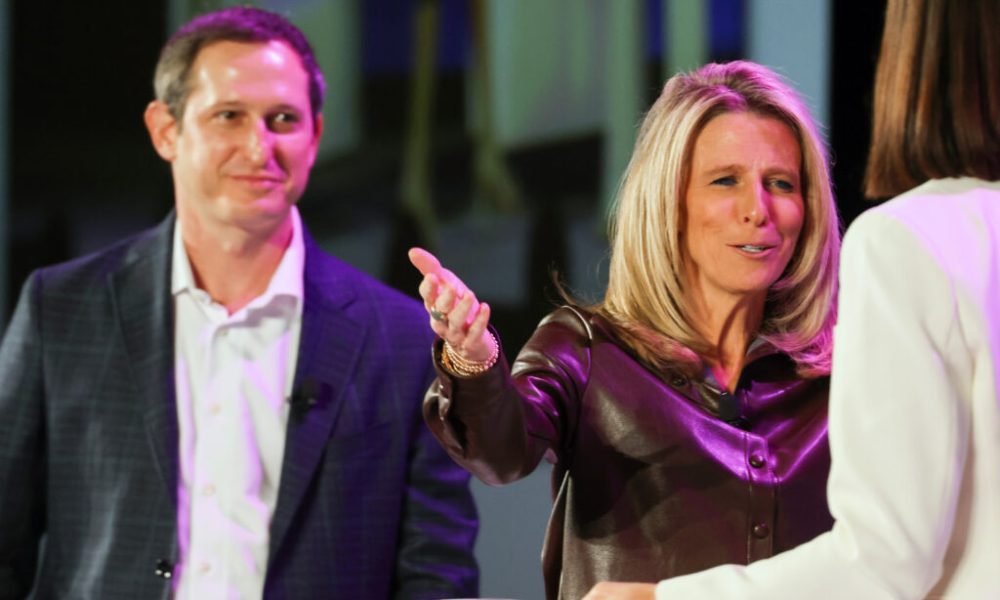Can another U.S. online sports betting operator slice into FanDuel’s industry-leading market share?
That’s a question analysts at gaming industry research and advisory firm Eilers & Krejcik Gaming (EKG) attempted to answer earlier this month.
FanDuel, a subsidiary of global online gaming giant Flutter, has not relinquished its position atop the rankings of sports betting providers in the last four years. FanDuel accounts for 40 percent of all sports betting revenue produced online.
“FanDuel enjoys just about every conceivable advantage in the U.S., from institutional knowledge to scale, from product quality to brand equity,” EKG analysts led by managing director Chris Krafcik wrote in the executive summary of the research report distributed to the firm’s clients.
The firm has numerous “key success factors,” such as product quality, which can be challenged. However, other factors, such as brand equity and its market scale, would be tough to match.
How lucrative is online sports betting?
According to EKG, revenue from online wagers accounted for more than $5.8 billion – 89.2 percent – of the $6.5 billion in total sports betting revenue collected in the U.S. since June 2018.
That’s one reason the advisory firm said FanDuel has a target on its back.
“FanDuel’s lead is considerable, but not bulletproof,” EKG analysts wrote.
The advisory firm highlights eight sports betting operators with the capabilities of cutting into FanDuel’s market, but only two, BetMGM and DraftKings, as significant threats.
BetMGM, a 50-50 joint venture between MGM Resorts International and United Kingdom betting giant Entain, emerged as the “clearest pound-for-pound challenger to FanDuel’s U.S. dominance.” However, BetMGM had major caveats, notably the “at time shaky-looking” joint venture foundation.
FanDuel, along with DraftKings, first gained U.S. consumer awareness of daily fantasy sports applications. The activity became controversial when Nevada gaming regulators determined daily fantasy sports were akin to sports betting and operators needed to be licensed sports wagering providers.
However, FanDuel rapidly profited from the 2018 U.S. Supreme Court ruling that allowed states to legalize sports betting and expanded its presence as new states opened up.
“FanDuel has benefited hugely from its installed database of sports-mad, tech-savvy customers with funded wallets,” EKG wrote, saying the crossover rate from daily fantasy to online sports betting was roughly 50 percent to 60 percent.
Notably, neither FanDuel nor DraftKings operates in Nevada, although FanDuel took initial steps to gain market access. Through its partnership with Boyd Gaming, which owns 5 percent of FanDuel, the company was approved by state gaming regulators to brand the sportsbook inside Boyd’s Fremont Hotel and Casino downtown. FanDuel operates sportsbooks at Boyd’s regional casinos in eight states.
From the last three months of 2019 until the end of September, FanDuel’s share of online sports betting revenue grew from 7 percent to nearly 40 percent, despite the emergence of multiple brands and the expanded market. FanDuel also accounts for more than 20 percent of all spending on digital ads, including sports within social media platforms, advertising on ESPN.com, and having a presence on streaming services with advertising, such as Hulu.
EKG expects FanDuel to lose incremental market share to multiple brands, possibly over the next year, but not one challenger grabbing a 10 percent piece of the action. The firm believes FanDuel could eventually fall into the 30 percent-to-35 percent range.


